The COVID-19 pandemic is something that has made the world face unprecedented situations. We are making our peace with the ‘new normal’, and taking one day, one development at a time. Many people don’t see the possibility of things ever being the same as they were before the pandemic hit us, and one can only be hopeful. Keeping the current developments in mind, Akashdeep Baruah sat down with Dr Samiron Phukan, a renowned scientist and subject matter expert to discuss a few things related to the virus, the pandemic, the vaccines and the road that lies ahead of us.
Dr Phukan works in Novel Drug Discovery and Development group at Lupin Ltd in Pune. Before joining Lupin, he has worked in different pharmaceutical R&D organisations like Jubilant Biosys in Bangalore, and Dr Reddy’s Laboratories at Hyderabad. He has completed his schooling from Sainik School in Assam’s Goalpara, and college and university education from Gauhati University.
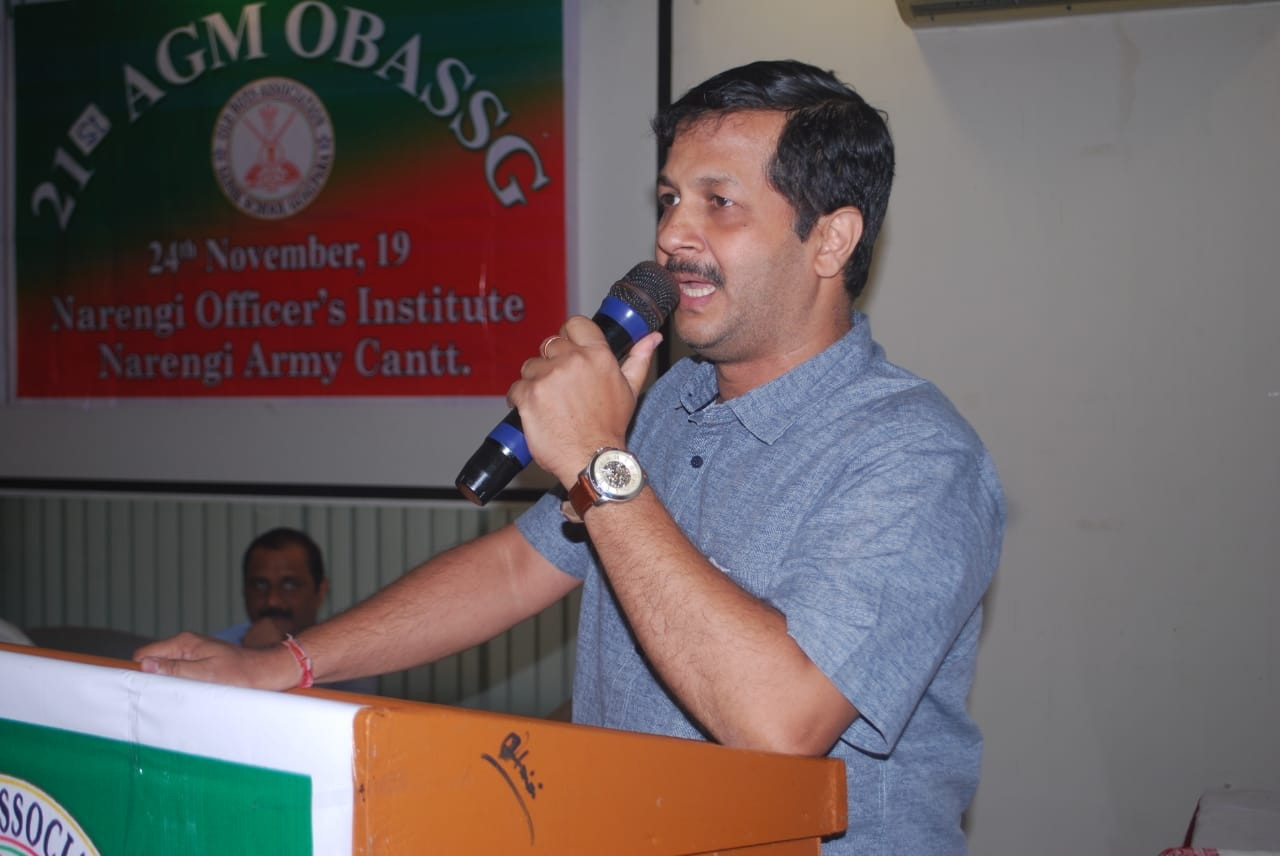 Can you tell us a bit about the challenges you faced during the Covid-19 lockdown?
Can you tell us a bit about the challenges you faced during the Covid-19 lockdown?
COVID-19 was the greatest challenge to humanity in the last century. Ironically, the vanity of mankind - being the master of the universe and the way the human race was advancing towards the so-called might and valour - has been put to an abrupt halt by a sub-microscopic virus. Every human being was impacted, and so were we. Lot of new terminologies that we heard earlier like a pandemic, lockdown, quarantine, virtual meetings, etc. were seen in practicality. The greatest challenge was more psychological than physical. The fear of the virus attack and the deaths of near and dear ones was unprecedented, and we were clueless initially about what needed to be done. Initially, it seems that COVID-19 is a death warrant for a patient. Moreover, being a part of society, we need to take care of our fellow brothers and sisters who could not afford a square meal a day due to sudden lockdown. Another challenge was to be on top of the news arising out of this pandemic and analyse which one are the right ones.
Let’s discuss the vaccine. What is the entire process when it comes to coming up with a vaccine for something like the Novel Coronavirus (SARS-Cov-2)? And the challenges when it comes to combating a virus such as this one?
The process of discovering a vaccine is a complex one. Initially, it took 4-10 years to develop vaccines for different diseases, and for many different diseases, we still don’t have a vaccine. But COVID-19 had taught a different lesson for the scientist and regulatory bodies to look at a smarter way to make vaccines faster. The research and development that took place for the last decade to develop technology to make vaccine faster and better for diseases like malaria and HIV have helped to make vaccines for COVID-19 in such an unprecedented speed. Scientific advancement in terms of technology has seen a huge surge in the last two decades. The structure of the virus was published within months and with the available technologies, pharmaceutical companies pulled up their sleeves to get faster vaccines to the market. Most importantly, the Federal Govt has pumped in a huge amount of dollars to accelerate the research and development of the vaccine for COVID-19. Companies had started collaborating in manufacturing vaccines (at risk) in parallel with the clinical trials. Logistics were planned out and across different geographies with the help of governmental and non-governmental agencies. This mammoth exercise is an unprecedented one in recent history.
Now I want to discuss a development that has upset many people across the globe and caused panic and anxiety. A new mutated strain of COVID-19 has been found in the UK, which is reportedly much more transmissible. What does this mean for the world and the vaccine makers?
Mutations in viruses are not a new phenomenon. Different strains of the virus do come up in a particular period. The recently reported strain on COVID-19 strain found in the UK said to be more transmissible. But the good thing is that it’s not much infectious and the present vaccines are reported to be effective against it. Looking into the current pandemic situation, it is not to be taken lightly. Whatever the reports are published there are quite preliminary as of date. It is good the government across the world are taking precautionary measures on it by curbing the movement of the people and testing passengers. One can only hope that these mutations do not bring more virulent strains. But as of now, one can be optimistic.
Moderna, AstraZeneca, Pfizer-BioNTech, have successfully rolled out their vaccines. What are your views on this? Can this be hailed as a modern medical breakthrough?
Definitely, this is one of the biggest scientific breakthroughs of the century. Vaccine invention for COVID-19 and development within one year has been a landmark event in the history of mankind. As I mentioned earlier, this is not a simple process as it involves the life and death of people. But thanks to the technological advancement in the last decade in the field of healthcare, that the vaccine could be made available in one year. The mRNA vaccine is a new technology in vaccine research which was undergoing experimentation for different diseases for many years. It came handy for COVID-19, and the technology seems to be safer than the others.
Russia has claimed the efficacy of 91.4% for its Sputnik V vaccine.
Sputnik V vaccine is a Russian vaccine and is undergoing trials in India. The Russian trials data is being questioned by many of their doctors initially. Russia has approved internally after phase 2 results. Many termed it as a race for “Vaccine Nationalism”. But now it seems it is doing good. Indian phase 3 trial results would give greater clarity. The efficacy percentages are quite variable in different scenarios as previously observed with other vaccines. All vaccines in the trails are claiming a good efficacy rate -which is good for society.
Bharat Biotech's Covaxin has shown promising results in the Phase 1 trials. Do you see this as a path-breaking invention? Will this put India in the big league in terms of coming up with a vaccine for a virus as deadly as Covid-19?
Covaxin is a make in India product. It’s being carried out by Bharat Biotech in collaboration with ICMR. The phase 2 data looks good, and the phase 3 trials are undergoing. Interestingly, the vaccine has been able to produce antibodies in patients and is said to be able to sustain for 10-12 months post the second dose. If such a scenario becomes a reality, then this vaccine would be sought-after. This invention is a pathbreaking one for Indian scientist and would go a long way to boost the morale of drug researchers in India for indigenously invented drugs. Moreover, it would put India in the League of Nations who could bring innovative drugs to the market at an unprecedented speed.
The Drugs Controller General of India has recently approved two vaccines for emergency purposes- AstraZeneca-Oxford's Covishield that is being developed by the Serum Institute if India, and Bharat Biotech's Covaxin. A controversy has erupted over Covaxin as its Phase 3 trial results are yet to be out. Can you please elaborate over this issue and bust the myths that are surrounding the issue?
 Bharat Biotech’s Covaxin has been granted with an emergency use authorization "with restricted use in emergency situations". There are also reports that the people vaccinated by Covaxin would be observed like the volunteers of clinical studies. These studies are reviewed by subject matter experts and have huge political ramifications in case anything goes wrong. Moreover, it was reported that the Phase 2 data was quite encouraging as far as efficacy and immunogenicity is concerned. This COVID-19 pandemic has also given rise to vaccine nationalism. With proper due diligence, and these nationalists are good for the scientific community of the country. We have to wait and watch till we get the Phase 3 data, but in general, there are trends where experts can predict the outcome from some interim data. I feel that more than other non-experts, govt agencies are creating more confusion.
Bharat Biotech’s Covaxin has been granted with an emergency use authorization "with restricted use in emergency situations". There are also reports that the people vaccinated by Covaxin would be observed like the volunteers of clinical studies. These studies are reviewed by subject matter experts and have huge political ramifications in case anything goes wrong. Moreover, it was reported that the Phase 2 data was quite encouraging as far as efficacy and immunogenicity is concerned. This COVID-19 pandemic has also given rise to vaccine nationalism. With proper due diligence, and these nationalists are good for the scientific community of the country. We have to wait and watch till we get the Phase 3 data, but in general, there are trends where experts can predict the outcome from some interim data. I feel that more than other non-experts, govt agencies are creating more confusion.
As we speak, Covaxin has also received approval to conduct vaccine trials on children over 12 years of age. Are there any extra steps that need to be taken when young lives are involved?
Covaxin seems to be the only vaccine in the world which can be used for children above the age of 12 years. They had carried Phase2 trials with it. So naturally, they had taken all the precautions as needed. We need not worry as the general public, since clinical trials are highly regulated trials. I feel that Covaxin would be a big leap for the country's innovation ecosystem, and we as Indians should feel proud of it. Commercial implications can take the back seat as far as where human health is concerned and the country's pride matters.
Countries like USA and UK have already procured and have started with the vaccination process. Canadian PM Justin Trudeau has claimed that the entire country will be vaccinated by September 2021. What according to you are the challenges that India might face?
Indian society – in terms of geo-socio-economic strata - is very heterogenous unlike that of USA or UK. The greatest challenge India would face according to me is the number of people to be vaccinated. It is estimated that minimum 200-300 million people need to be vaccinated in India to control the momentum. The second challenge is the infrastructure and logistics. Centre and various state governments are rolling out activities in this front. But when vaccinating hundreds of millions, that too twice, dosing within a specific time frame is a different ball game together. Our health workers had done a commendable job during the pandemic, and I am sure the challenge of vaccination too would be overcome. India could need cold storages to store millions of doses of vaccine. In rural areas, where, not to speak of cold storage, even availability of 24X7 electricity is a dream, such a scale of vaccination would be a great challenge. This needs massive planning and cooperation form the people of the country.
The vaccination drive in India has started already. Do you have any recommendations for the govt in terms of carrying out the vaccination?
Government has its expert panel to decide whatever is best for the country. I cannot recommend anything arbitrarily. This is going to be a huge exercise and the only request to all political parties is to cohesively work together for the common good of the citizens.
India has reached the 1 crore mark in terms of COVID-19 cases, with nearly 1.7 lakh deaths. Your thoughts on India's fight against this deadly virus. How long is the road to normalcy going to be?
India has done considerably well with regards to fighting the COVID-19 pandemic. Less than 1% of the population has been infected, out of which around 1-1.5% mortality is not that bad in comparison to some of the developed countries. For this, our Govt, health workers, and in, general citizens of the country need to be appreciated. The road is not that smooth, and the war against the virus is going to stay for some more time. According to some experts, it would be till 200-300 million population is vaccinated that there would be some control of pandemic in the country. According to my guestimate (if everything goes as planned), it will be another 6-9 months before we can get back to our normal pre-COVID life.
Any word of advice you'd like to give people in terms of safety and precaution.
Please wear a mask, maintain social distance and hygiene, and do not panic. The situation is serious, but little caution from our end will always keep the virus away. Most importantly, stay safe, stay healthy.
(Interview By - Akashdeep Baruah)
Tags: coronavirus pandemic lockdwon COVID19 vaccine vaccination covishield covaxin dr samiron phukan akashdeep baruah Load More Tags

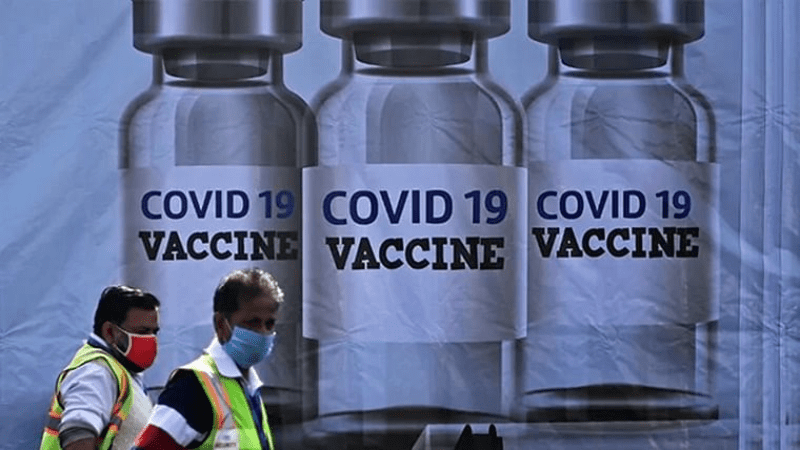

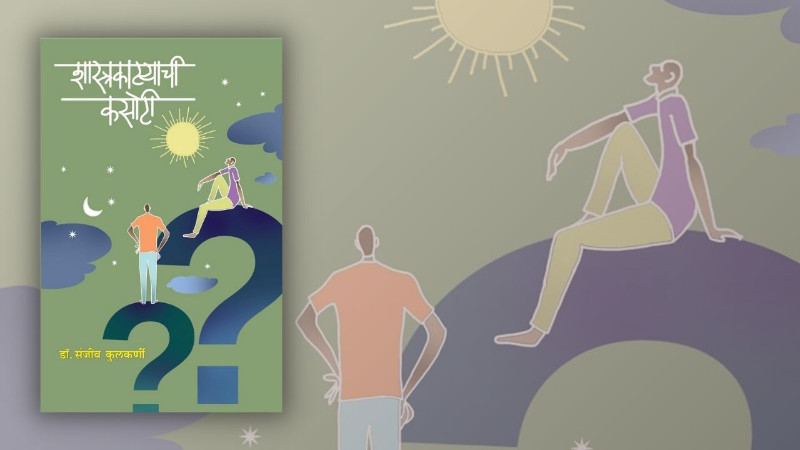
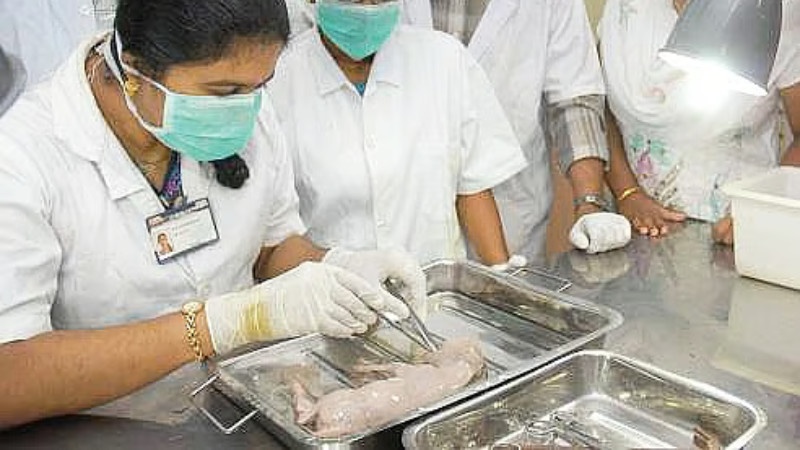
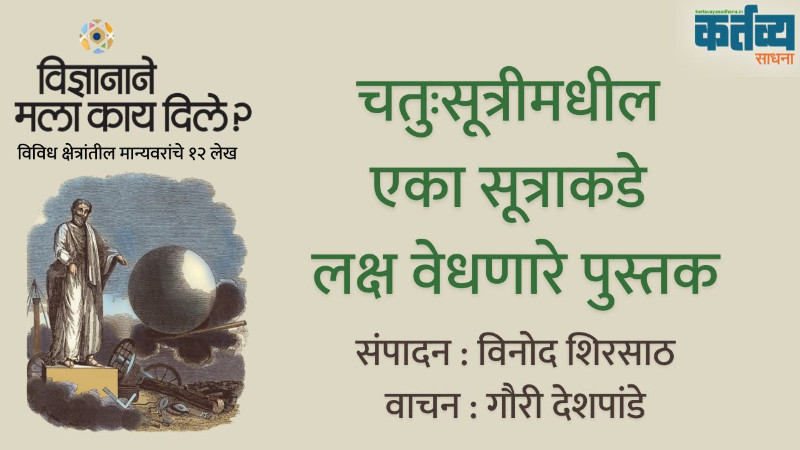
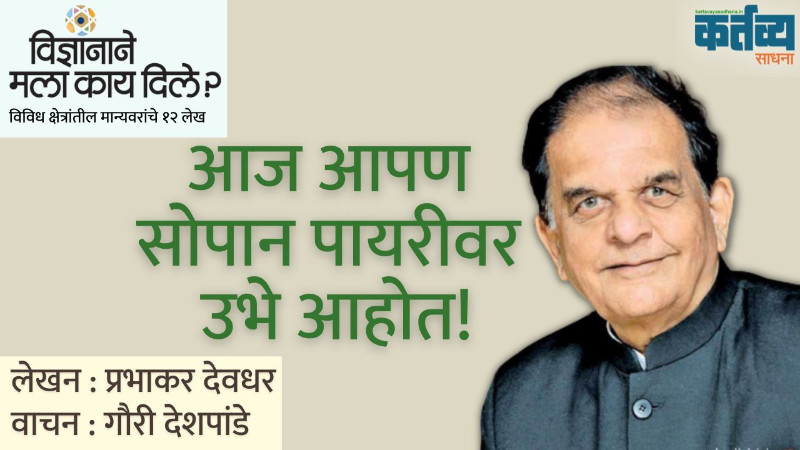

























Add Comment